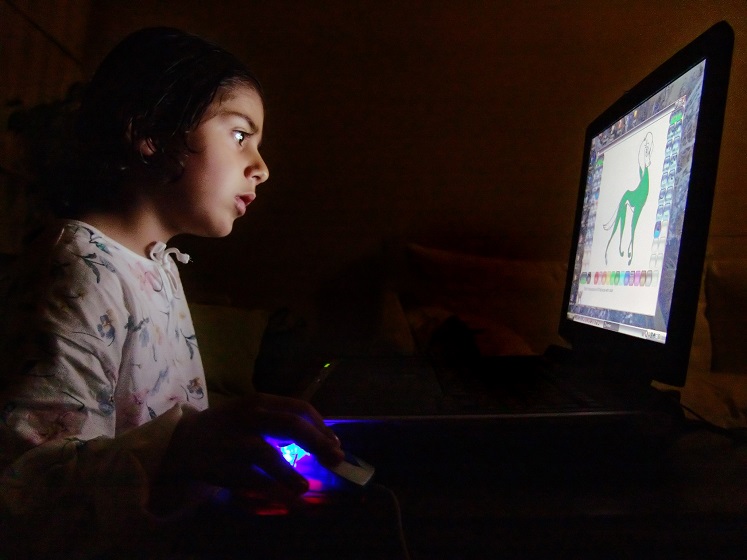 Online safety/ Nevit Dilmen
Online safety/ Nevit Dilmen
A new review by the UK Council for Child Internet Safety (UKCCIS) Evidence Group, made up of researchers from the London School of Economics and Political Science (LSE), Middlesex University and the University of Central Lancashire, has highlighted the major risks, opportunities and emerging trends for children online.
The review informs the Government’s new Internet Safety Strategy, launched today 11 October by the Department for Digital, Culture, Media & Sport (DCMS).
Among the top level findings, the review highlighted:
- One in ten children to one in five young teens say they encountered something worrying or nasty online in the past year.
- Few children say they send photos to online contacts or reveal personal information, but a substantial minority use services ‘under age’.
- While many UK children have learned to be cautious online, there is little evidence that their digital skills are increasing with time.
- Cyberbullying estimates range between 6-25%+ depending on measures and the reasons for victimisation are diverse.
According to the review, children’s top online worries are pornography and violence; they say they encounter these most often on video sharing sites. Parents are most concerned about violence online.
The review also found that despite a number of strategies including technical controls, online rules and open dialogue with children, gaps remain in parents’ abilities to mediate their children’s activity online.
LSE’s Professor Sonia Livingstone OBE said, “Our review shows that children’s age and gender, digital literacy and resilience all affect their online experiences and wellbeing outcomes. It is important that the UK’s new Internet Safety Strategy guides industry, schools and parents so that they are responsive to children’s diverse needs and rights, empowering them as well as protecting them in the digital environment in ways that are informed by robust evidence of when risks lead to harm and which interventions work best.”
Julia Davidson, Professor of Criminology at Middlesex University said, “Our review highlights new areas of online risk specifically around illegal use of the Internet. Recent research suggests that young people are not always aware that their online behaviour crosses legal boundaries particularly in respect of hacking and other forms of cybercrime. The strategy will provide a safety framework but it is important to ensure that awareness raising addresses safe, appropriate and legal use of the Internet enabling young people to be fully informed about the consequences of the choices they make online.”
Dr Joanne Bryce, Senior Lecturer at the School of Psychology, University of Central Lancashire said, “Our work also suggests that it is important for the new strategy to address the ways in which young people may be vulnerable to cyberbullying on the basis of gender and gender identity, sexual orientation, race and religion or belief, as well as disability status. There is also a need to ensure that appropriate sources of support are provided for those who experience online victimisation on the basis of these characteristics.”
The review, which drew on research published since 2012, highlights the fact that children’s use of the internet continues to change, with new risks and safety issues arising.